Goal setting is an essential component of personal development, and it holds particular importance for children with learning disabilities. For neurodiverse children, including those with autism, ADHD, or dyslexia, establishing and achieving clear goals can be a transformative experience. This blog explores how goal setting benefits these children and provides practical advice for parents, educators, and caregivers on setting and supporting achievable goals. By creating a supportive environment and using tailored strategies, it is possible to help neurodiverse children succeed and thrive.
The Significance Of Goal Setting For Neurodiverse Children
For children with learning disabilities, goal setting offers a structured approach to their learning and development. It helps them navigate their unique challenges and build on their strengths. Here are some key reasons why goal setting is particularly valuable:
- Provides Structure and Direction: Neurodiverse children often face difficulties with organization and focus, making it challenging for them to complete tasks and follow through with responsibilities. By setting specific, well-defined goals, these children are provided with a clear roadmap that breaks down larger tasks into manageable steps. This structured approach not only helps in organizing their efforts but also in maintaining focus, as they can easily track their progress and make necessary adjustments. Furthermore, this structured approach minimizes feelings of overwhelm and confusion, offering a sense of stability and clarity in their daily activities and long-term objectives.
- Boosts Self-Esteem: Achieving goals, regardless of their scale, plays a crucial role in enhancing a child’s self-esteem. When neurodiverse children reach milestones, whether small or significant, they gain a tangible sense of accomplishment. This visible progress allows them to recognize their abilities and strengths, which reinforces their self-confidence. Each success story, no matter how modest, serves as a motivational boost, encouraging children to strive for further achievements. This continuous cycle of setting and achieving goals helps in building a resilient self-image, contributing positively to their overall emotional well-being and confidence.
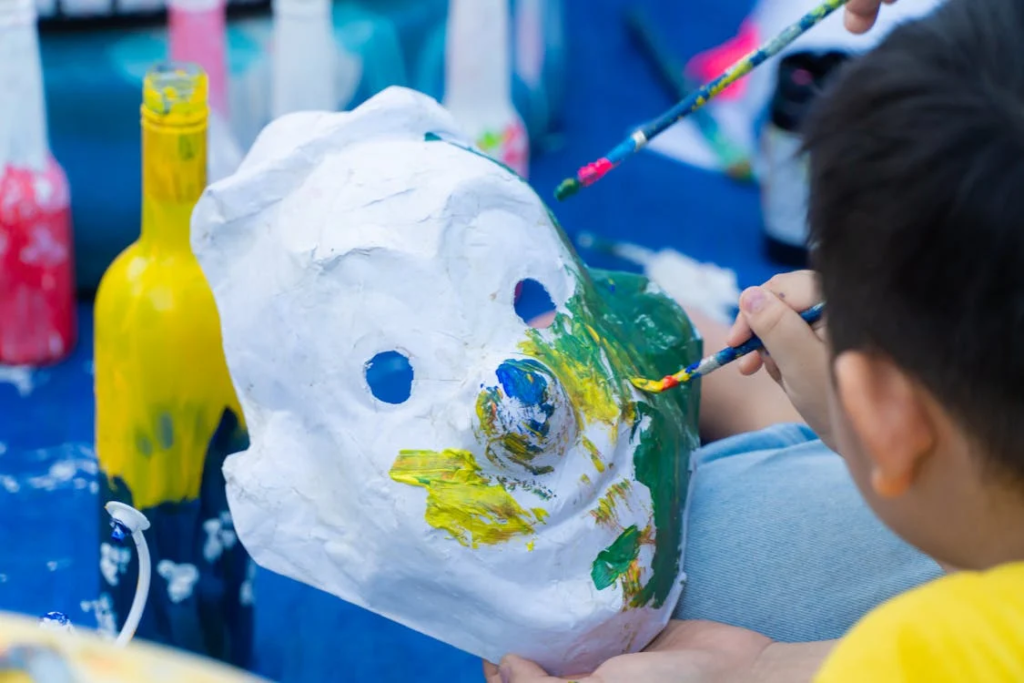
- Enhances Motivation: Clear and achievable goals foster a sense of purpose and motivation in neurodiverse children. When children understand precisely what they are working towards and can see measurable progress, their enthusiasm and engagement levels significantly increase. The process of reaching toward a specific target creates a sense of direction and achievement, which propels them to remain committed to their tasks. This intrinsic motivation is crucial for sustaining interest and effort over time. It transforms the learning process into a more dynamic and rewarding experience, making educational and personal growth more engaging and fulfilling.
- Promotes Independence: Setting and working towards personal goals helps neurodiverse children develop vital skills in self-management and accountability. As they engage in goal setting, they learn to plan, prioritize, and execute tasks independently. This gradual process of taking responsibility for their goals prepares them for future challenges and enhances their capacity to manage various aspects of their lives. Developing these skills fosters greater independence, allowing children to navigate their educational and personal journeys with increased confidence and self-reliance. This preparedness is essential for their long-term success and integration into various life scenarios.
Understanding The Unique Needs Of Neurodiverse Children
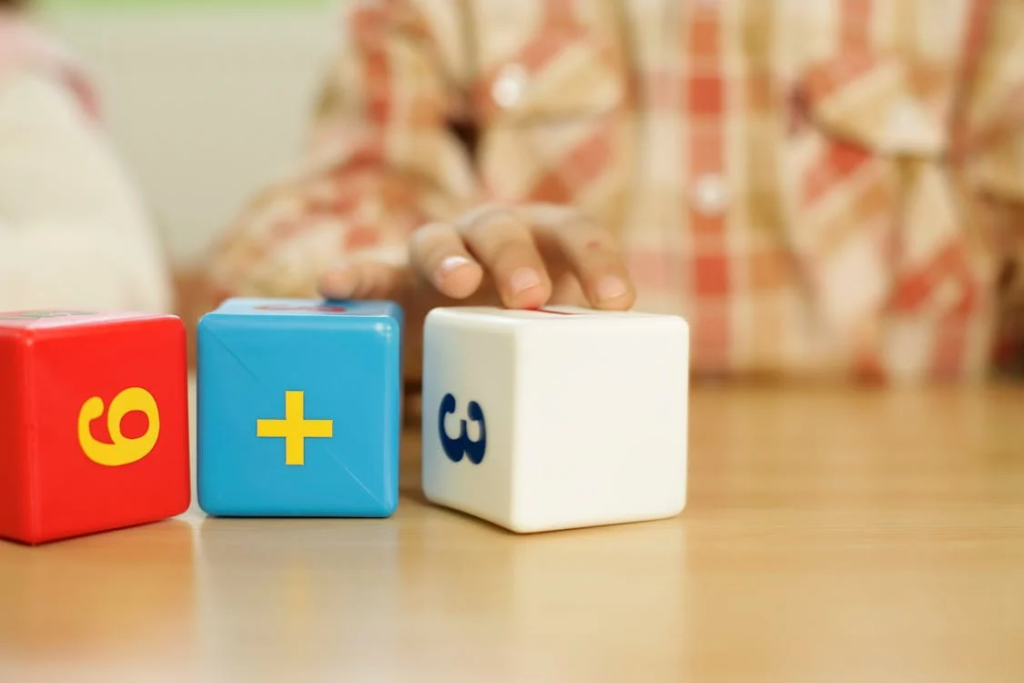
Neurodiverse children have distinct needs that require careful consideration when setting goals. Each child’s abilities and challenges are unique, and their goals should reflect their individual circumstances. For example, a child with ADHD might benefit from goals that focus on improving attention and reducing impulsivity, while a child with dyslexia might set goals related to enhancing reading and writing skills.
Understanding these needs is crucial for creating effective goals. Special children’s schools in Hyderabad and Kondapur offer specialized programs that cater to these diverse requirements. These centers provide tailored educational experiences that address the specific needs of each child, ensuring that their goals are realistic and achievable.
Effective Strategies For Goal Setting
Helping neurodiverse children set and achieve their goals involves using targeted strategies that cater to their unique learning styles and needs. Here are some effective approaches:
1. Implement SMART Goals
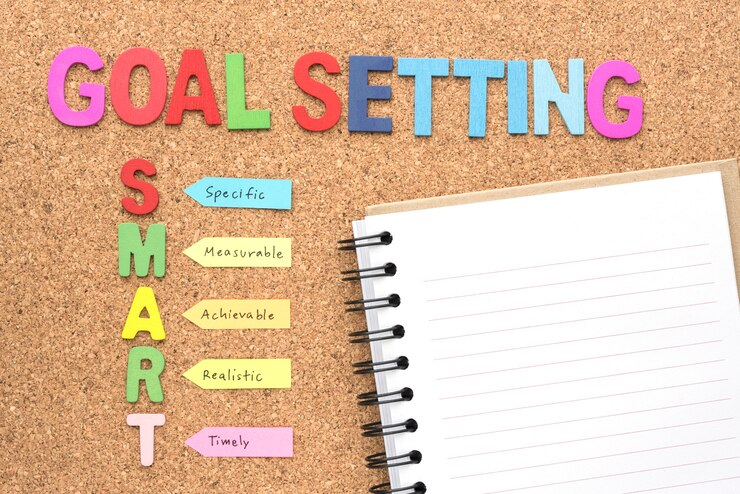
SMART goals—Specific, Measurable, Achievable, Relevant, and Time-bound—offer a structured approach to setting goals that are both clear and attainable. This method is used by special needs education centers in Hyderabad. It ensures that goals are practical and suited to the child’s needs.
- Specific: Goals need to be clearly articulated to ensure they are precise and actionable. This specificity helps in setting clear expectations and provides a concrete target for the child to focus on. It reduces ambiguity and allows both the child and their caregivers to understand exactly what needs to be achieved.
- Measurable: To effectively track progress, goals should include measurable elements that allow for evaluation. This measurable aspect helps in assessing how well the child is doing and maintaining their motivation.
- Achievable: Goals should be challenging yet feasible. Consider the child’s current abilities and set goals that encourage growth without being overwhelming.
- Relevant: The goals should be meaningful and connected to the child’s interests and needs. For example, a goal related to a child’s favorite subject can be more engaging.
- Time-bound: Establish a timeline for achieving the goal. This helps create a sense of urgency and provides a clear timeframe for assessment.
2. Break Goals Into Manageable Steps
Large goals can be daunting for neurodiverse children, so breaking them down into smaller, manageable steps is beneficial. Each step should represent a milestone towards the final goal, making the process less overwhelming. For example, if the goal is to improve reading skills, the steps might include:
- Reading for 15 minutes daily.
- Completing one chapter per week.
- Discuss the chapter with a teacher or parent.
This step-by-step approach helps children focus on one task at a time, increasing their chances of success.
3. Utilize Visual Supports
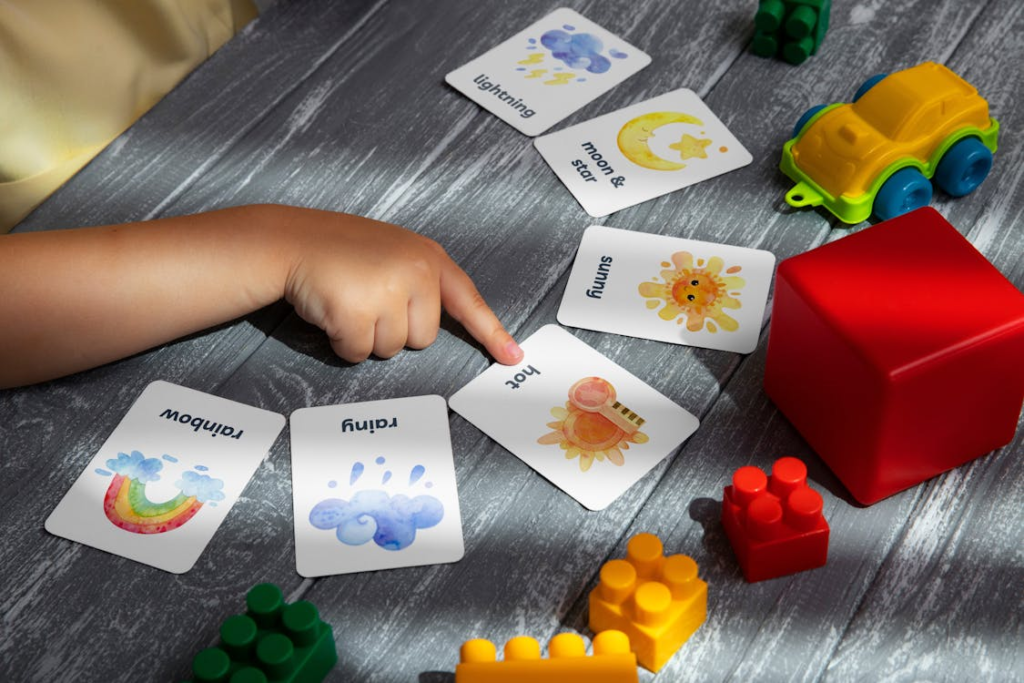
Visual aids are particularly effective for neurodiverse children. Tools such as visual schedules, goal charts, and progress trackers can help make abstract goals more concrete. For example, a visual chart displaying the steps to complete a project can help the child understand and follow the process.
Special education schools, such as those in Hyderabad, often use visual supports as part of their teaching strategies. These tools can be adapted for use at home, providing consistency and reinforcement.
4. Incorporate Interests And Strengths
Aligning goals with a child’s interests and strengths can significantly enhance their motivation and engagement. For example, if a child enjoys art, setting a goal related to creating artwork can make the process more enjoyable and meaningful.
By leveraging the child’s interests, goals become more relevant and engaging, which can lead to better outcomes. Recognizing and nurturing a child’s strengths also boosts their self-confidence and encourages continued effort.
5. Offer Regular Feedback And Encouragement
Positive feedback plays a crucial role in motivating neurodiverse children. Regular feedback on their progress, combined with praise and rewards for achieving milestones, reinforces their efforts and encourages them to continue working towards their goals. Rewards can be simple, such as extra playtime or a favorite treat, and should be tailored to the child’s preferences.
In autism schools in Hyderabad and Kondapur, positive reinforcement is commonly used to support students. This approach can be replicated at home to create a supportive and encouraging environment.
6. Promote Self-Reflection
Self-reflection helps children understand their progress and identify areas for improvement. Encourage neurodiverse children to reflect on their experiences by asking questions like:
- What did you accomplish this week?
- What challenges did you encounter?
- What changes can you make to improve?
Self-reflection fosters critical thinking and problem-solving skills, allowing children to make informed adjustments to their goals.
7. Maintain Patience And Flexibility
Goal setting for neurodiverse children requires patience and flexibility. It is important to adjust goals as needed and celebrate progress, no matter how small.
Children with learning disabilities may need additional time and support to reach their goals, but with the right strategies and encouragement, they can achieve significant progress and success.
The Role Of Special Education Schools In Goal Setting

Special education schools are instrumental in helping neurodiverse children set and achieve their goals. These schools provide an environment tailored to the needs of children with learning disabilities, offering specialized programs and individualized support. In Hyderabad, institutions such as KARUNA School for Special Needs provide comprehensive educational services designed to meet the unique needs of neurodiverse children.
Schools for special children employ trained educators who are experienced in working with neurodiverse children. They use assessment-driven approaches to develop customized learning plans that include goal setting as a core component. By collaborating with parents and caregivers, special children schools help create realistic and achievable goals that support the child’s overall development.
Moreover, special education centers in Kondapur often offer additional resources, such as therapy services and counseling, to support the child’s progress. These resources play a crucial role in helping children overcome obstacles and achieve their goals.
Tips For Parents And Educators
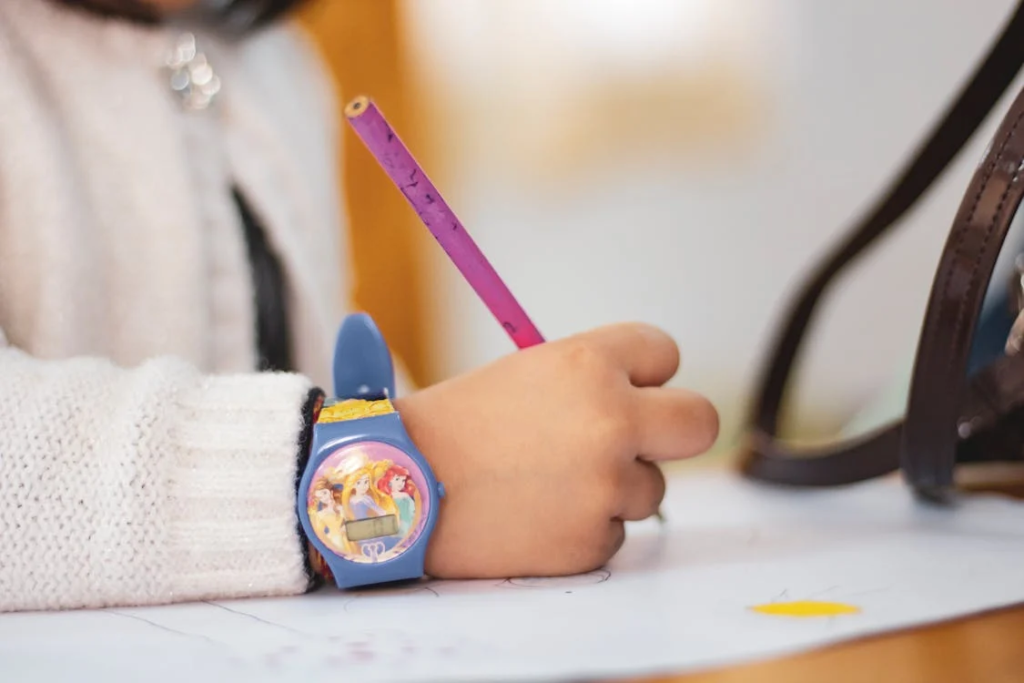
To effectively support neurodiverse children in their goal-setting journey, parents and educators should consider the following tips:
- Foster Open Communication: Regularly discuss goals, progress, and challenges with the child. Ensure that both home and school environments are aligned in their support strategies.
- Create a Positive and Supportive Environment: Provide encouragement and celebrate successes. A positive atmosphere helps maintain motivation and reduces anxiety.
- Ensure Consistency: Consistent strategies and approaches at home and school help reinforce learning and goal achievement. This consistency creates a stable environment for the child.
- Set Realistic Goals: Understand the child’s abilities and set goals that are challenging but achievable.
- Involve the Child: Engage the child in the goal-setting process. Allow them to contribute their ideas and preferences, fostering a sense of ownership and motivation.
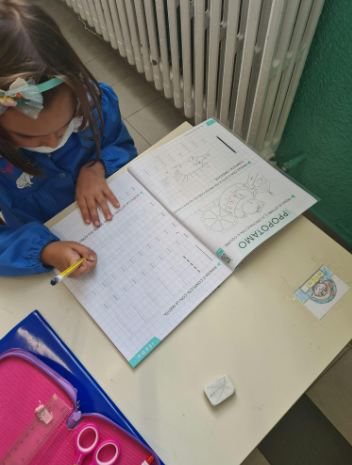
Goal setting is a powerful tool that can help neurodiverse children achieve success in their personal and academic lives. By setting clear, achievable goals and providing tailored support, parents, educators, and special education schools can empower these children to reach their full potential. Through structured goal setting, neurodiverse children can build essential skills, enhance their self-confidence, and develop greater independence.
Join The Best Special Needs School In Hyderabad: Learn More About KARUNA’s Programs
At KARUNA School for Special Needs, we are dedicated to helping neurodiverse children achieve their goals and reach their full potential. Our specialized services and experienced educators offer the support needed for success. Explore our personalized learning approach and discover how we can help your child thrive. Visit our website today to learn more about our special education programs and enroll your child in one of the best special needs schools in Hyderabad.
